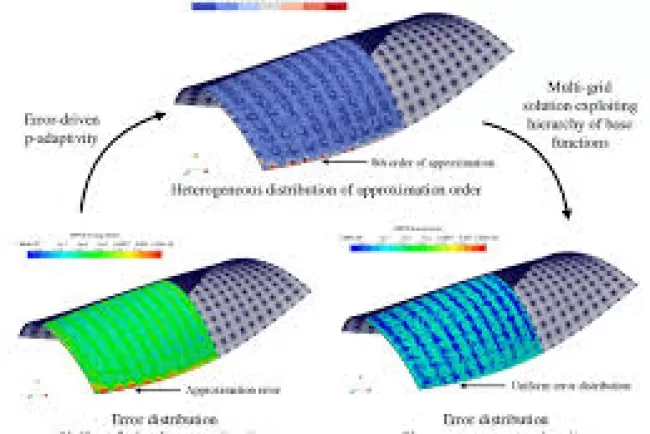Trump's Bold Move: 25% Tariffs on Imported Cars Set to Reshape U.S. Automotive Landscape
In a significant shift in trade policy, President Donald Trump announced the imposition of sweeping 25% tariffs on foreign-made cars, effective April 2. This decision is part of a broader strategy to bolster American manufacturing and reduce reliance on imported automotive products. With the clock ticking down to the implementation date, the implications of these tariffs are reverberating through the automotive industry and financial markets.
Tariff Details and Expected Impact
The new tariffs will apply to all cars not produced in the United States, while domestically manufactured vehicles will remain exempt from these levies. Trump stated, “We started off with a 2.5% base, and we go to 25%,” indicating a dramatic escalation in trade barriers. The president also hinted at the possibility of reciprocal tariffs on imports, suggesting that these measures might not be a straightforward tit-for-tat approach.
Experts are raising alarms about the potential consequences of such tariffs. The Center for Automotive Research warns that increased tariffs could lead to higher prices for consumers and disrupt the complex supply chains that the U.S. automotive industry heavily relies on. In 2024 alone, the U.S. imported $474 billion worth of automotive products, including $220 billion in passenger cars from major suppliers like Mexico, Japan, South Korea, Canada, and Germany.
Responses from Global Leaders
The announcement has drawn sharp criticism from foreign leaders. Canadian Prime Minister Mark Carney labeled the tariffs a direct attack on Canada, emphasizing the interconnected nature of North American automotive manufacturing. He announced initiatives to build an all-Canadian network for auto manufacturing components, highlighting that many auto parts cross the border multiple times before final assembly. This interconnectedness underscores the vulnerability created by escalating trade tensions.
Market Reactions
The announcement has had immediate repercussions in global financial markets. Asian shares, closely linked to the automotive sector, fell sharply, with Japan's Nikkei dropping 1.2% and South Korea's KOSPI declining by 0.9%. Shares of major Japanese automakers took a hit, with Toyota falling 3.7%, Nissan down 3.2%, and Honda slipping 3.1%. Similarly, South Korean automaker Hyundai saw its stock decrease by 3.44%.
U.S. automakers also faced significant losses, with General Motors shares plummeting by 8%. Ford and Stellantis, the parent company of Chrysler, each experienced declines of around 4.5%. Wall Street ended sharply lower in anticipation of the tariffs, with the tech-heavy NASDAQ composite index falling more than 2% overnight.
Conclusion
As the April 2 deadline approaches, the automotive industry is bracing for potential upheaval. The imposition of 25% tariffs on imported cars could lead to significant changes in pricing, manufacturing strategies, and international trade relationships. The ripple effects of this policy will likely be felt not only in the U.S. but also across global markets, as countries respond to this bold move by the Trump administration. The coming weeks will be crucial in determining how these tariffs reshape the automotive landscape and the broader implications for U.S. trade policy.
What's Your Reaction?















